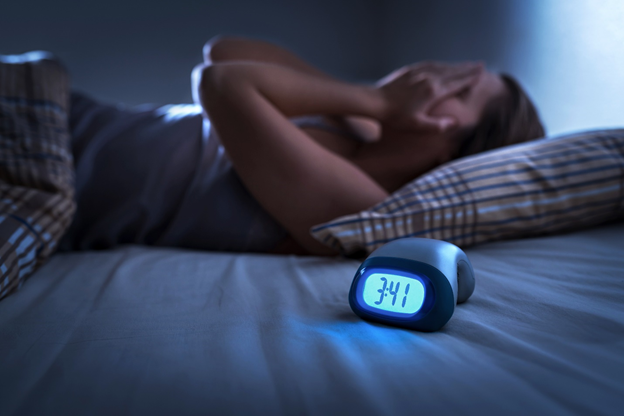
Sleep, Sleep Medicine and Stress. Part 8
This is the 8th of a nine-part series on stress and sleep. If you’ve had difficulty sleeping during the pandemic, you are not alone. Insomnia was already reaching epidemic proportions BEFORE Covid. Now it’s gotten worse. According to a survey published in Consumer Reports 28% of Americans reported having trouble falling or staying asleep since the Pandemic hit.
Vasopressin: The Secret to a good night’s sleep?
I’m convinced that as I age, I need less and less sleep, but the experts say, that for optimal health, 7 to 8 hours is still best. There are several reasons why I don’t sleep well on certain nights (which I’ve discussed in previous installments), one of which is needing to get up and to go to the bathroom in the middle of the night. Mysteriously though, sometimes I sleep right through the night. At first, I attributed this extended somnolence to having less water to drink on certain days, but now that I’m drinking roughly the same amount each day, I realize that sleeping through the night may be due to some other factor.
Ironically, that factor may have to do with stress! There’s a naturally occurring hormone in the body called vasopressin – released during stress - that acts as an ANTI-diuretic. Vasopressin encourages the kidneys to reabsorb water, keeping it in circulation rather than letting it pass into the bladder. But there’s lots of debate as to exactly what its purpose is, besides its well-known role in osmoregulation of body fluids. I’m wondering if it could be fluctuations in the levels of this hormone that might explain why I sleep straight through on some nights and not on others.
Strenuous exercise is one stressor that is known to release vasopressin. Perhaps on the night’s when I don’t have to get up to go to the bathroom, this good night’s sleep is driven not only by post-exercise exhaustion, but by circulating vasopressin suppressing my need to get up and pee. I have been mucking my way through various “scholarly articles” on vasopressin and it’s clear that even the experts don’t exactly agree on what this hormone does. Here’s one article that explains it a little more clearly than some of the others.
If you’ve read the previous installments in this series, you know that there is a mid-point in the night between deep sleep and dream sleep. This is typically when I wake up either momentarily (if I don’t have to go to the bathroom) or for a much longer time if I do. So, by getting vigorous exercise or practicing yoga during the day, my sound sleep at night may have more to do with my increased vasopressin levels at night, than it does with the exercise or the stretching. (This is just my theory.)
On most nights, when I first go to bed, I fall asleep easily. Imagine a steep slide with no flat part at the top. I get in bed, and it’s down the slide I go. But if I wake up in the middle of the night, and have to get up to go the bathroom, by the time I get back to bed, it’s like the slide is totally flat at the top. Sometimes it can take hours for me to get back to sleep.
But, interestingly, once I push past that first mid-point in the night, when I wake up again briefly between the remaining sleep cycles, it’s quite easy to fall back to sleep a second and third or even fourth time. It’s counter-intuitive (which is why I mention it) but it’s so easy to fall asleep when I’m well past that midpoint: I feel like I’m back in college, able to easily sleep late again. It’s only that first mid-point where it’s difficult.
This observation has proven useful, because it keeps me from thinking: I CAN’T BELIEVE I’M AWAKE AGAIN when it predictably happens between the last few sleep cycles of the night. I confidently know now, that once I make it past the mid-point I will dreamily pass in out of the remaining sleep cycles right until morning. I honestly don’t know why that is, and I’m not sure there are any sleep experts who know either, because, I haven’t seen any references to this phenomenon in any of the reading I’ve done for this series. (So again, this is just a theory!)
In the next and final installment, we’ll look at why - when it comes to treating insomnia - mind body medicine is really the best medicine for a good night’s sleep.





James Porter
Author